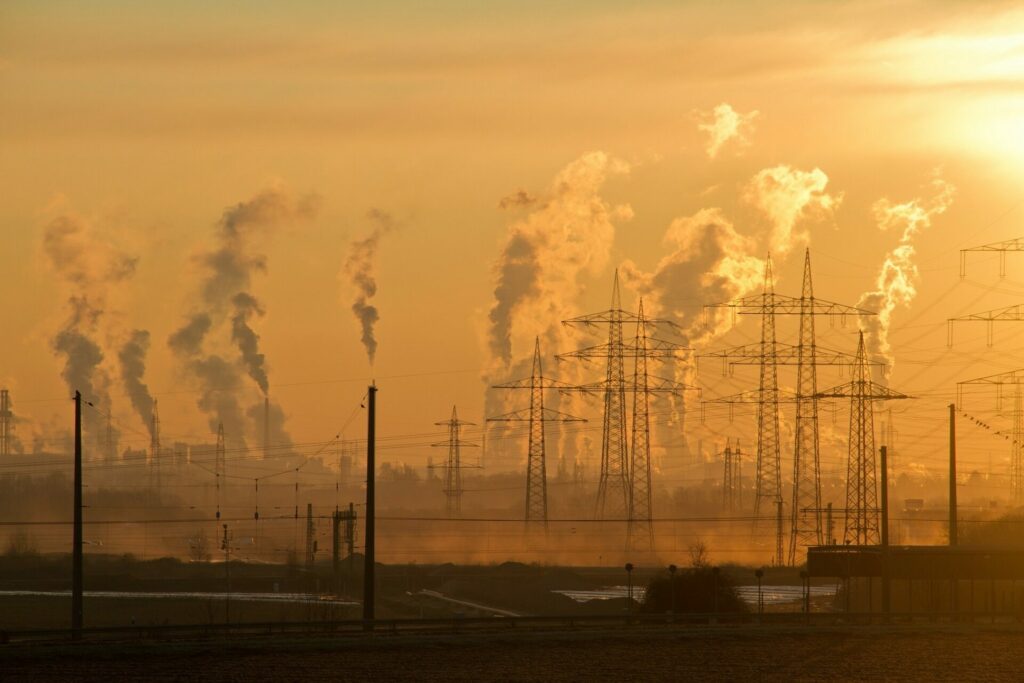Countries' current pledges to limit greenhouse gas emissions are insufficient to avert a climate catastrophe, a new UN report has shown. The report comes just days before the pivotal 27th annual United Nations Climate Change Conference (COP27) in Sharm El-Sheikh.
The report notes that, based on countries' current pledges, "the best estimate of peak temperature in the twenty-first century is in the range of 2.1–2.9 °C."
Such a temperature increase is higher than the maximum temperature rise sanctioned by the 2015 Paris Agreement, which commits signatories to "hold the increase in the global average temperature to well below 2°C ... and pursu[e] efforts to limit the temperature increase to 1.5°C."
Immediate action required
"The science is clear and so are our climate goals under the Paris Agreement," said Simon Stiell, the Executive Secretary of the United Nations Climate Change Secretariat.
"We are still nowhere near the scale and pace of emission reductions required to put us on track toward a 1.5°C world. To keep this goal alive, national governments need to strengthen their climate action plans now and implement them in the next eight years."
"Government decisions and actions must reflect the level of urgency, the gravity of the threats we are facing, and the shortness of the time we have remaining to avoid the devastating consequences of runaway climate change," he added.
Egyptian Minister of Foreign Affairs and COP27 President-Designate Sameh Shoukry labelled the report's findings "alarming," and its publication a "sobering moment" and a "timely reminder for us all."
"Raising ambition and urgent implementation is indispensable for addressing the climate crisis. This includes cutting and removing emissions faster and at wider scope of economic sectors, to protect us from more severe adverse climate impacts and devastating loss and damage," he stated.
Related News
The latest UN document comes after a similar report published last year by the Intergovernmental Panel on Climate Change (IPCC), which claimed that "unless there are immediate, rapid and large-scale reductions in greenhouse gas emissions, limiting warming to close to 1.5°C or even 2°C will be beyond reach."
The IPCC report further noted that "even [at] 1.5°C of global warming, there will be increasing heat waves, longer warm seasons and shorter cold seasons," while "at 2°C of global warming, heat extremes would more often reach critical tolerance thresholds for agriculture and health."
In a separate report, the IPCC found that limiting global temperature rises to 1.5°C rather than 2°C would mean, among other things, that 65 million fewer people would be exposed to exceptional heatwaves, 61 million fewer people in urban areas would be exposed to severe drought, and hundreds of millions of fewer people would be less susceptible to climate-induced poverty.

